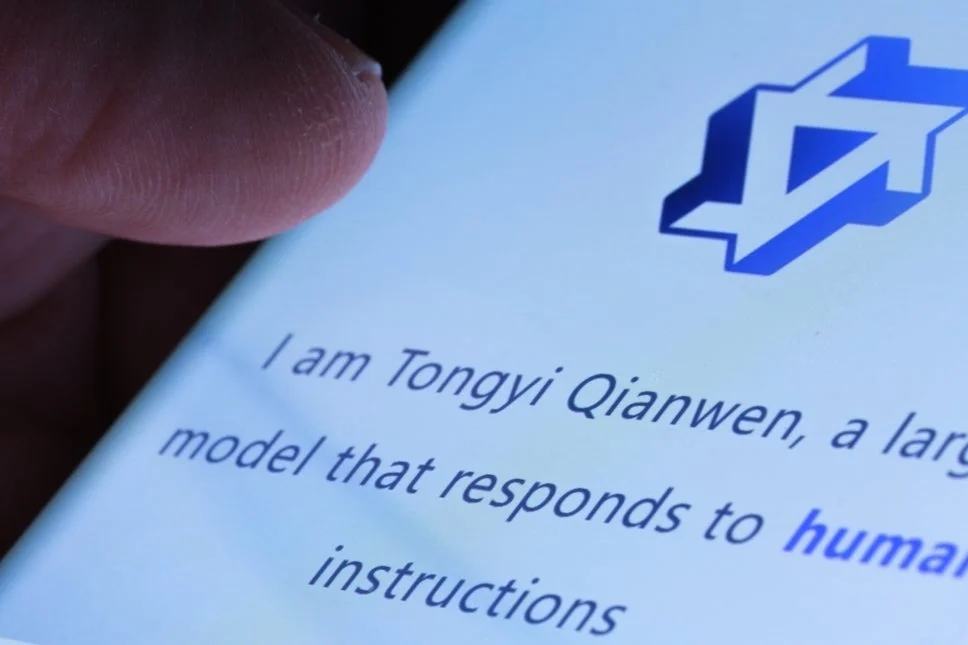
AI Chatbots vs. Google Search: Brands Scramble for Visibility in the New Search Landscape
The rise of AI chatbots is reshaping how users search online, leaving brands scrambling to adapt and maintain visibility. Forget traditional SEO tactics; a new era is dawning where companies are battling for prominence within the responses generated by OpenAI's ChatGPT, Anthropic's Claude, Google's Gemini and other AI-powered services.
Several companies have developed software to track how often brands are mentioned by these AI models. Fintech company Ramp, job search platform Indeed, and whisky maker Chivas Brothers are among the early adopters using these tools.
Jack Smyth, partner at marketing technology group Brandtech, highlights the significance of this shift: "This is about much more than just getting your website indexed in their results. This is about recognizing large language models as the ultimate influencer." Brandtech offers a 'Share of Model' product providing guidance on optimizing website content to better suit AI search.
The stakes are high. Research indicates a significant shift in consumer behavior, with 80% now relying on AI-generated results for at least 40% of their searches. This has led to a decrease in organic web traffic, with approximately 60% of searches ending without users clicking through to a website.
Understanding how each model works are crucial. ChatGPT, for instance, uses a traditional web search but evaluates sources for relevance and credibility. As Adam Fry, ChatGPT search lead stated, users are refining their queries, seeking more specific and nuanced answers such as 'a quiet restaurant for a family of five in New York' instead of the broader ‘restaurants in New York’.
While Google's search and advertising business grew by nearly 10% in the first quarter, concerns remain. Competitors like Elon Musk's Grok and the potential cannibalization of search traffic by Google's own Gemini chatbot continue to loom. Perplexity, an AI-driven search engine, is piloting sponsored “questions” to influence users within AI conversations.
As the digital landscape continues to evolve, brands must adapt and prioritize offering genuine value to stay visible in an AI-driven world. The question now is, how will traditional search engines evolve to compete with these AI-powered experiences?
What are your thoughts on the increasing influence of AI chatbots on search behavior? Share your predictions and opinions in the comments below!